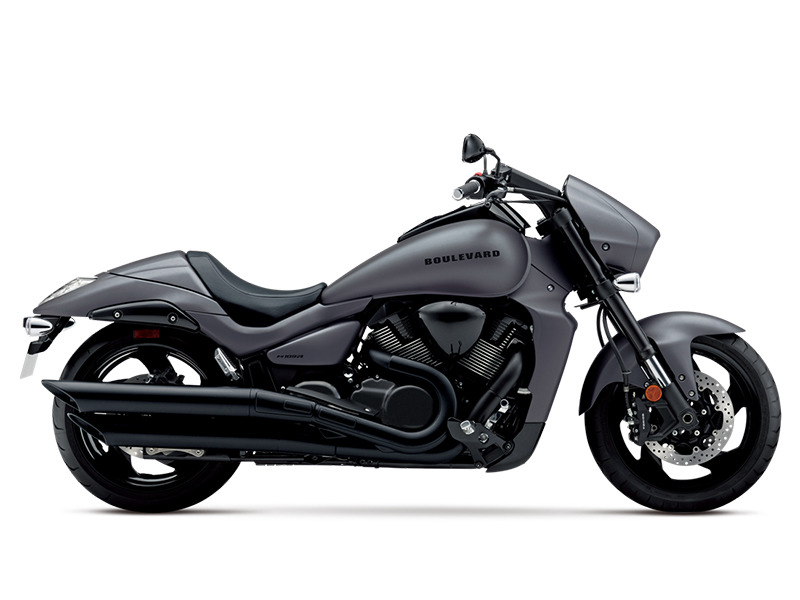Purchasing a motorcycle can be risky businesses. Unlike the car industry, the reporting of vehicle maintenance and damage is spotty at best. Reporting standards and best practices in motorbike Sales are not nearly as robust as the car industry. Reporting agencies generally don’t track motorcycle history unless involved in an accident where an insurance claim was made. Because of the lack of reliable information out there, it’s important to do your due diligence when shopping for used motorcycles.
Model Specifications
Be sure to do your homework on the specific model you are looking to purchase. Use forums to gather intel on how difficult or costly it might be to find replacement parts, should you need work done down the road. This is also a great place to find information on common issues for a particular bike. For instance, you might discover that a model manufactured during a certain time period consistently has engine trouble. What makes forums such a great resource, is you can always ask a question if your inquiry has not already been addressed. Also, contact the manufacturer to find out if there are any recalls for the motorbike you are considering and ensure the seller has paperwork to show recall repairs have been made.
Potential Registration Issues
Generally speaking, you’d be hard pressed to find a used motorbike for sale that has not had aftermarket upgrades or modifications made. This can pose a problem if the modifications do not meet the EPA or the department of motor vehicle’s safety requirements. There are a surprising amount of companies that sell motorcycle upgrades that fall outside federal standards. Be sure to contact your local DMV to make sure any modifications will not impede your ability to register it. It’s also a good idea to run the VIN to make sure the motorcycle is not a salvage title. This greatly reduces its value, so be sure you are not overpaying for what you are getting.
Mechanical and Overall Condition
When buying used, nothing is more important than personally inspecting the bike. If you don’t feel confident, get a fried or mechanic to look it over with you. A lot of times, you can tell a lot about the overall condition of a bike, just by looking it over carefully. Leaks are easy to spot and can indicate costly repairs. Low levels or black/tar-like fluids and oils indicate poor maintenance. Check the sprockets and chains for worn teeth and looseness. This is easily fixed, but it will help you negotiate price. Ask the owner what the motorcycle was used for, where it was stored (garage or outside), and how often was it used. Find out if it’s been sitting and if so for how long. Check the tires for wear. The tires are a great place to find out what the bike was really used for. If you notice a deep set almost melted looking wear in the center of the tires, chances are the bike was red lines a lot and used for racing. Most bike owners keep meticulous records of maintenance and upgrades, so ask for the paperwork.
Shopping for a used motorcycle requires a lot of research and work, but for motorcycle enthusiasts, it a labor of love. There is nothing like finding a unique piece of machinery you can make all your own.


